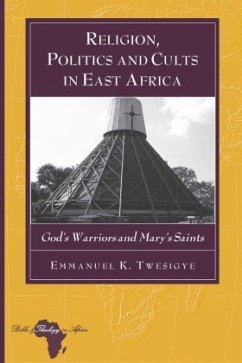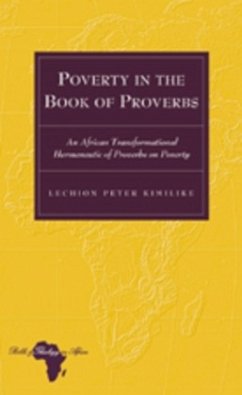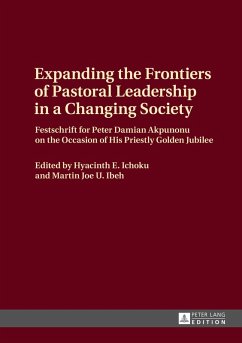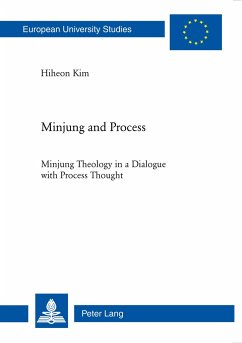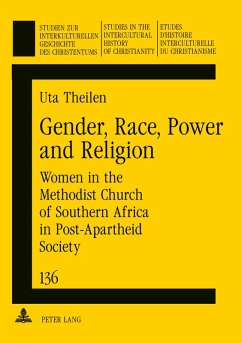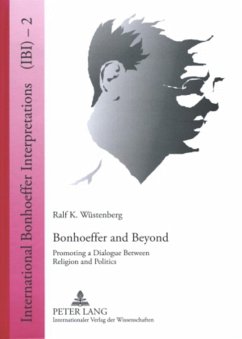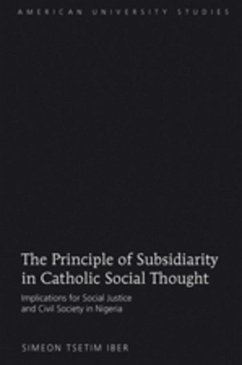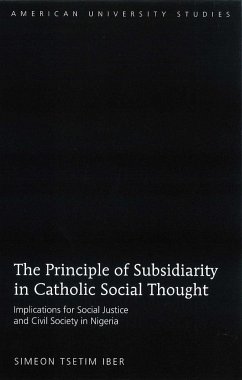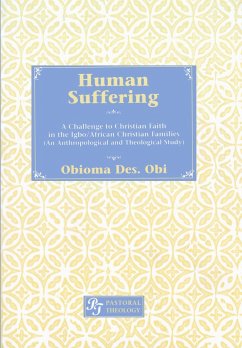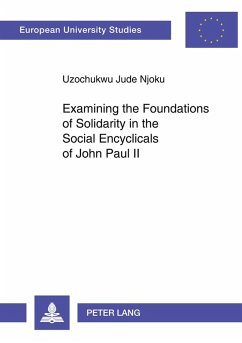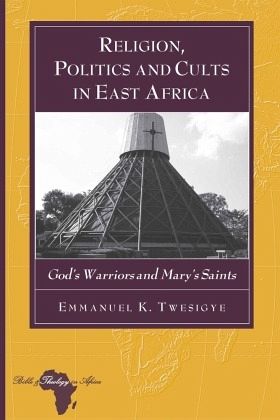
Religion, Politics and Cults in East Africa
God's Warriors and Mary's Saints
Versandkostenfrei!
Versandfertig in 6-10 Tagen
52,05 €
inkl. MwSt.
Weitere Ausgaben:

PAYBACK Punkte
0 °P sammeln!
Religion, Politics and Cults in East Africa is the first major, original, and extensive research-based study of the apocalyptic and doomsday Catholic Marian Movement and its Benedictine monastic moral and religious practices, including vows of poverty, celibacy, obedience, daily contemplation in silence, and hard work. The Marian Movement is presented within the cultural, historical, political, and religious context of the East African Revival Movement, the Anglican Balokole Movement, Alice Lakwena's Holy Spirit Movement, Joseph Kony's Lord's Resistance Army (LRA), and other religio-political ...
Religion, Politics and Cults in East Africa is the first major, original, and extensive research-based study of the apocalyptic and doomsday Catholic Marian Movement and its Benedictine monastic moral and religious practices, including vows of poverty, celibacy, obedience, daily contemplation in silence, and hard work. The Marian Movement is presented within the cultural, historical, political, and religious context of the East African Revival Movement, the Anglican Balokole Movement, Alice Lakwena's Holy Spirit Movement, Joseph Kony's Lord's Resistance Army (LRA), and other religio-political liberation movements, including the Maji Maji, the Mau Mau, and Nyabingi Liberation Movement. The Marian Movement was locally known as «Abanyabugoto» and «The Movement for the Restoration of the Ten Commandments of God». It began in 1989 as a Catholic women's Marian devotional and moral reformation movement, founded and headed by Keledonia Mwerinde. Faced with African cultural patriarchy andmale-dominated Catholic Church hierarchy, Mwerinde recruited Joseph Kibwetere and the Rev. Fr. Dominic Kataribabo to serve as the public face of the Marian Movement. In response to Catholic hierarchy's opposition and persecution, Fr. Kataribabo designed a theology of ritual sacrifice, atonement, and martyrdoms for the devout Marian Catholics, who were devotees of the Blessed Virgin Mary. He martyred the Marian devotees in March 2000, in order to transform them into Mary's saints, and to liberate their souls and send them to heaven, where they would instantly attain eternal life, lasting peace, and happiness.





